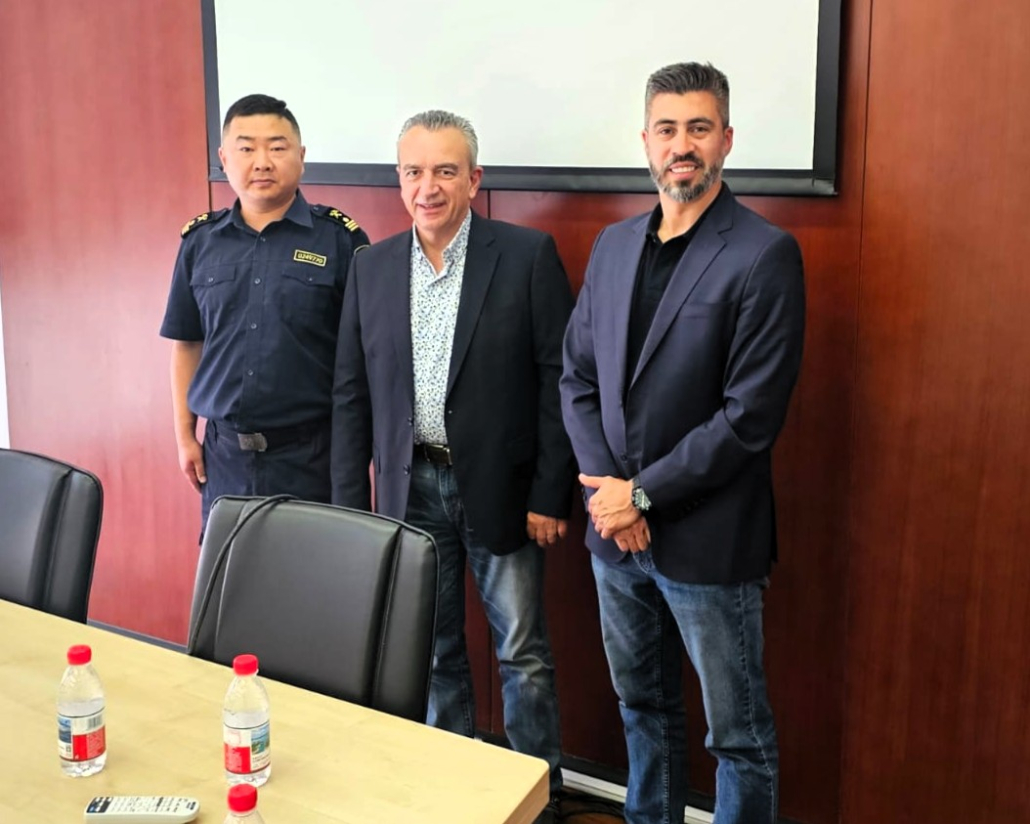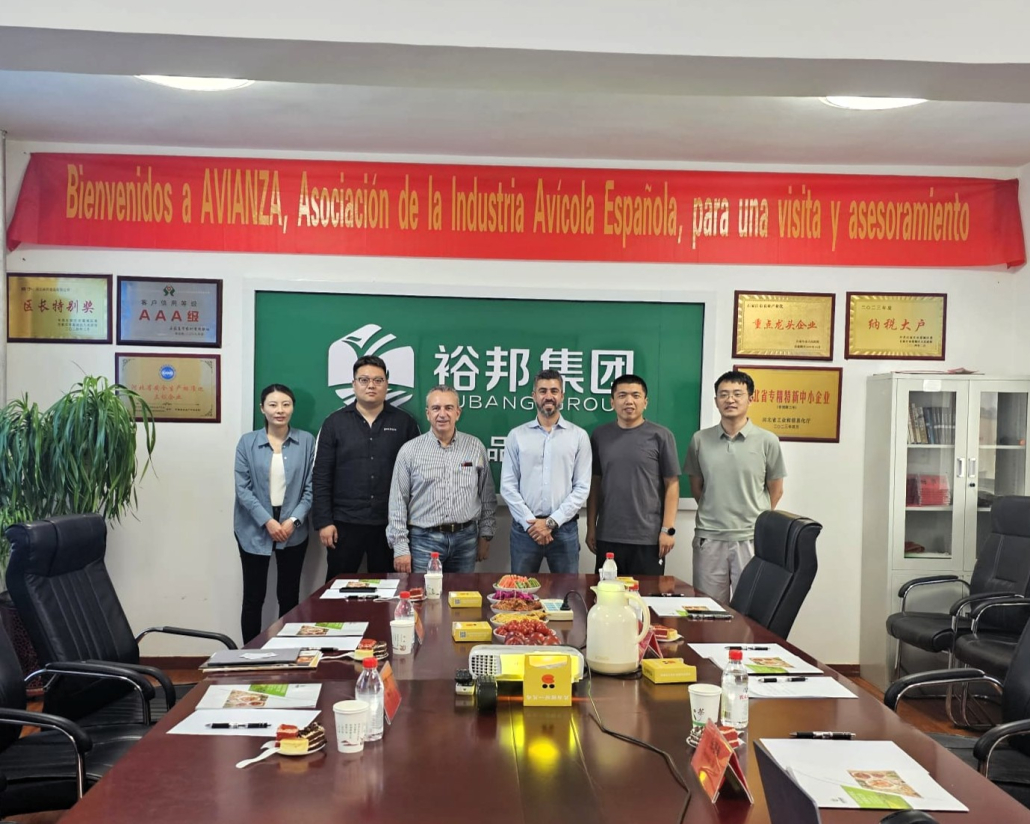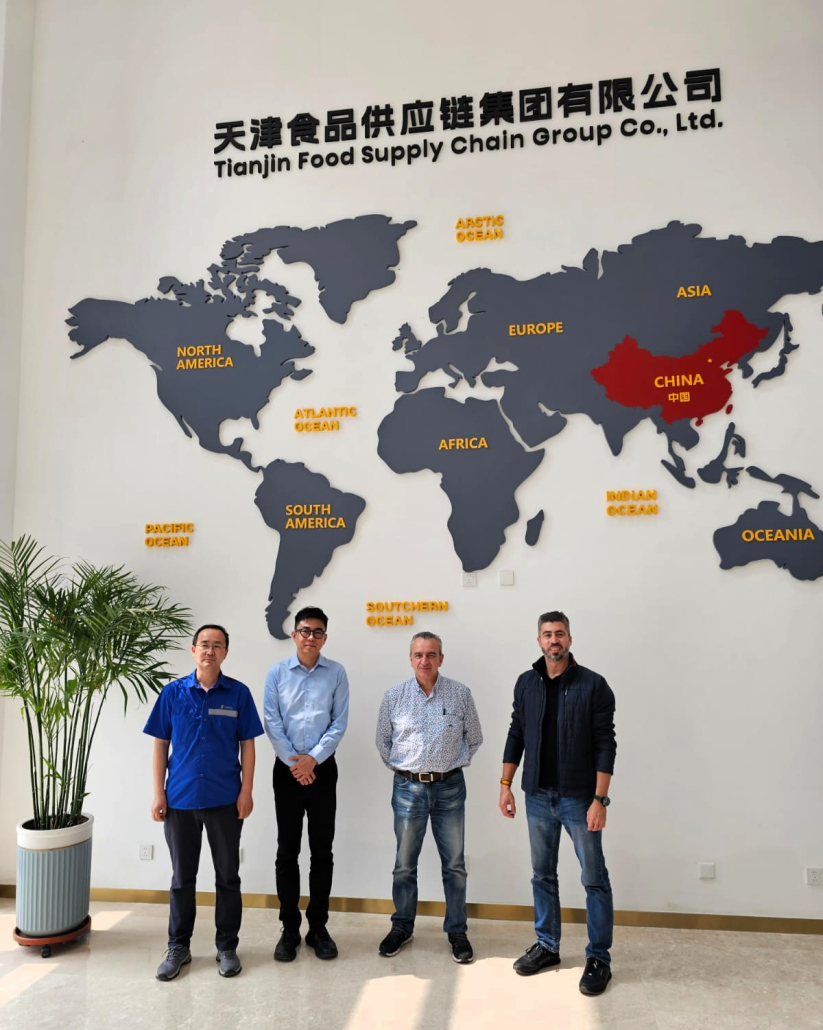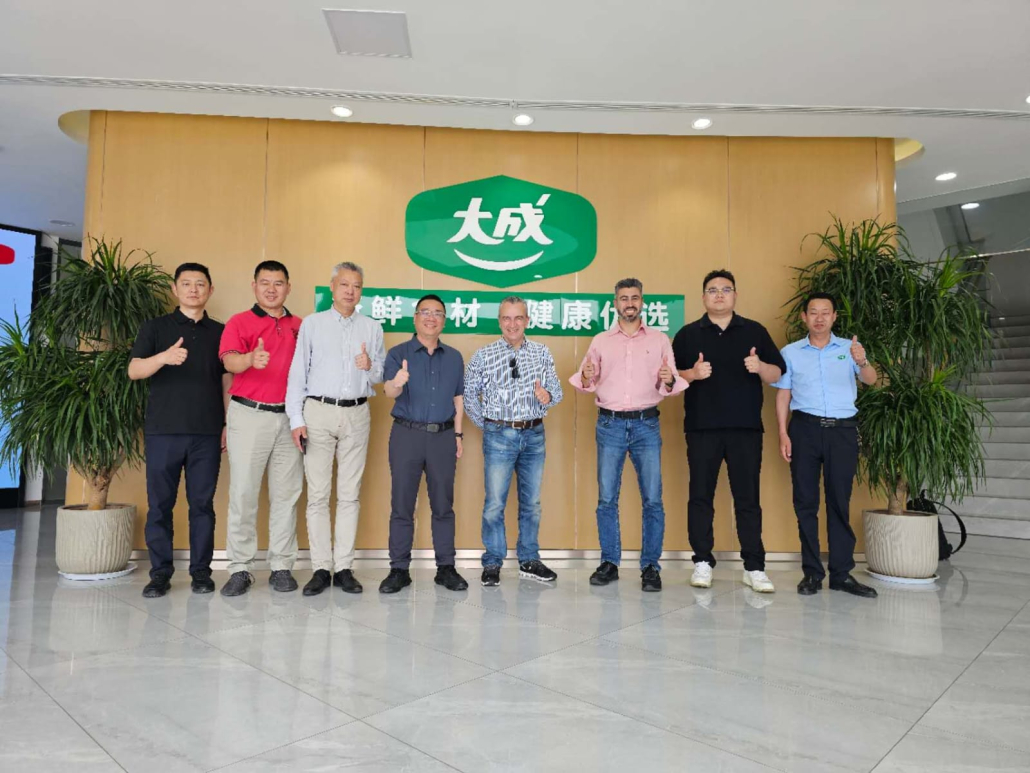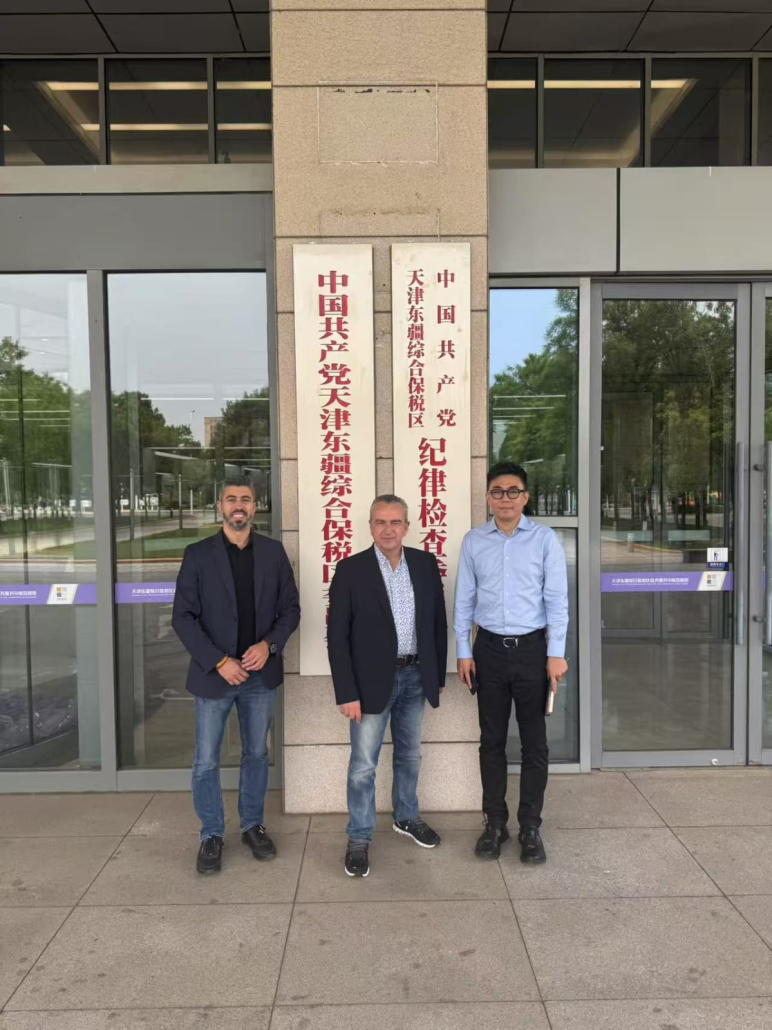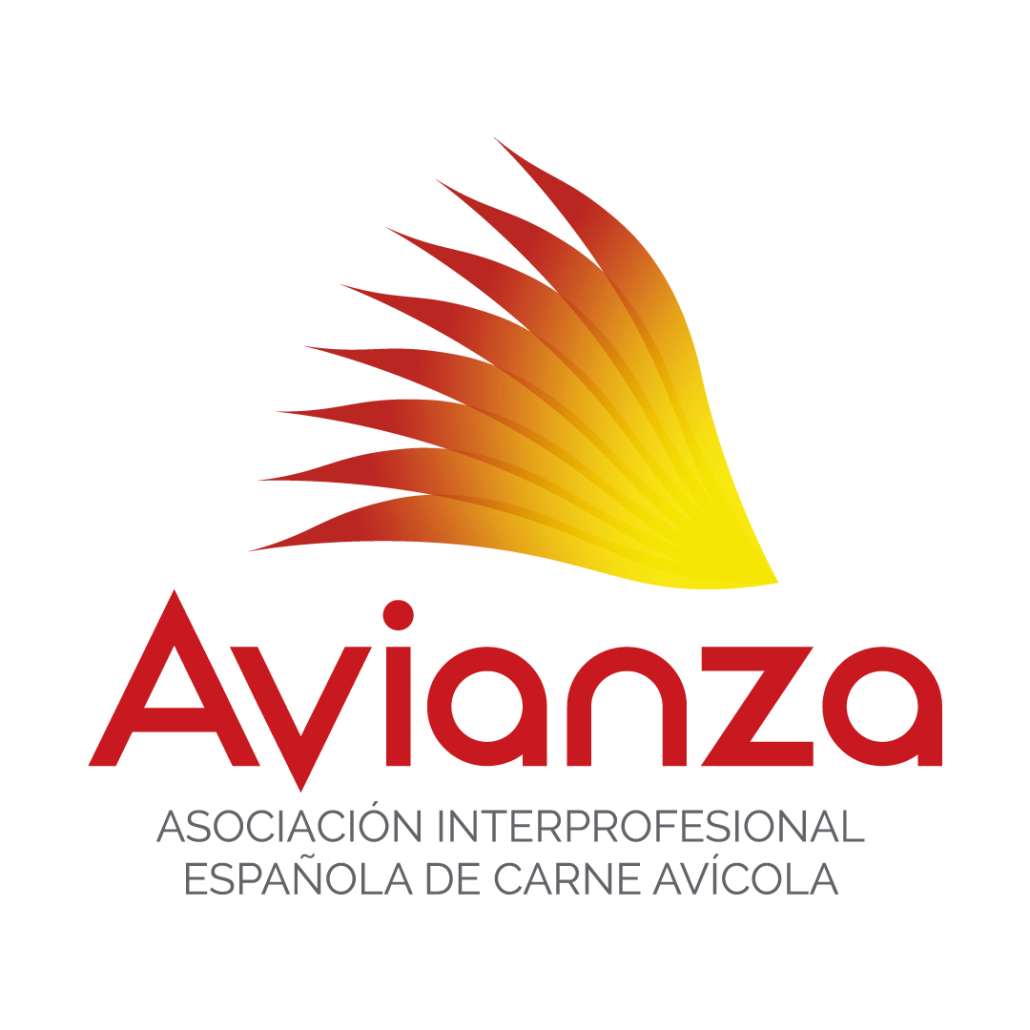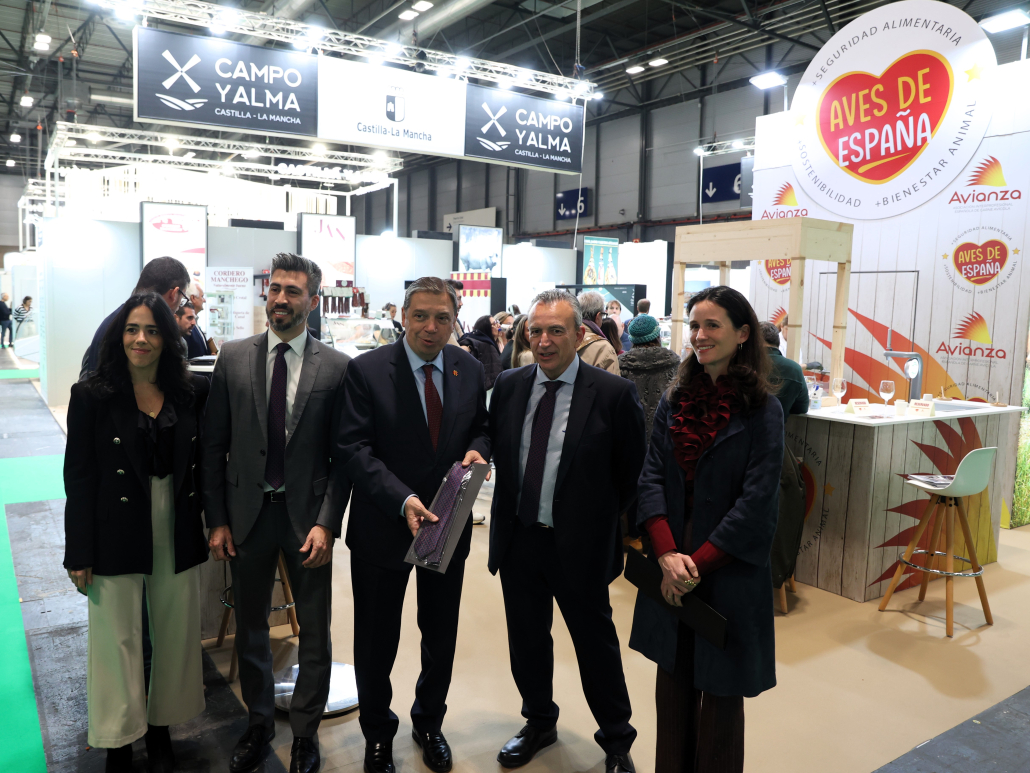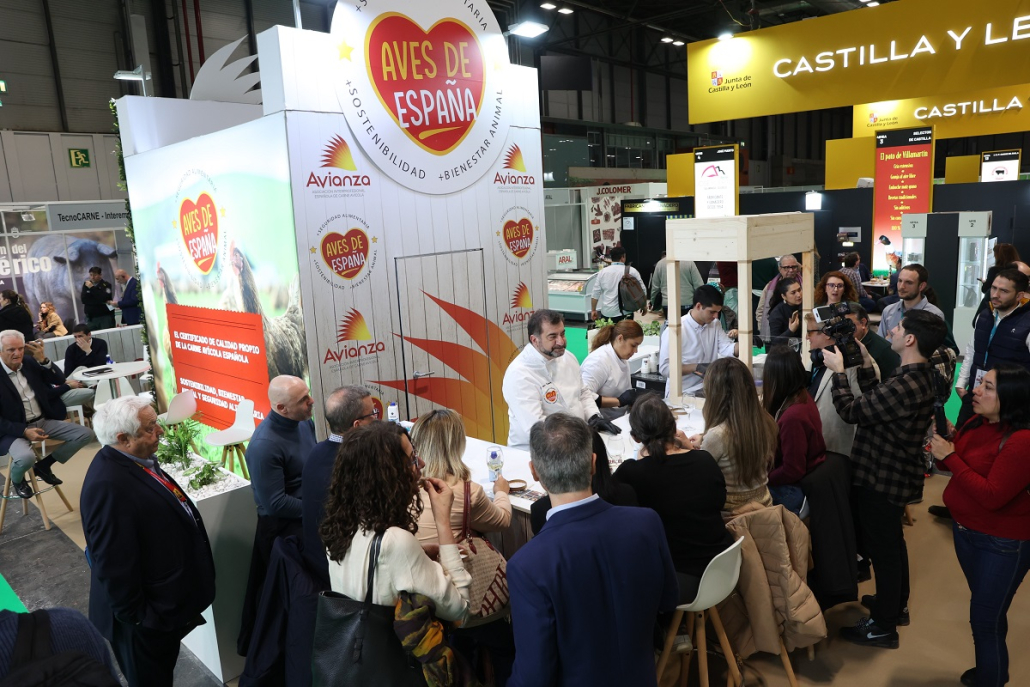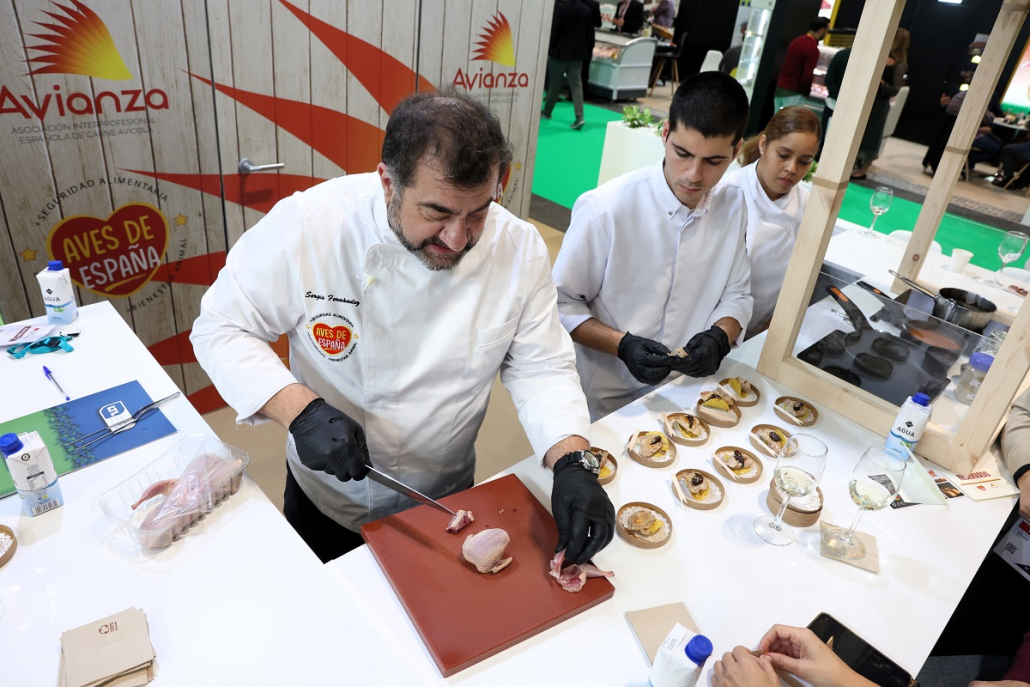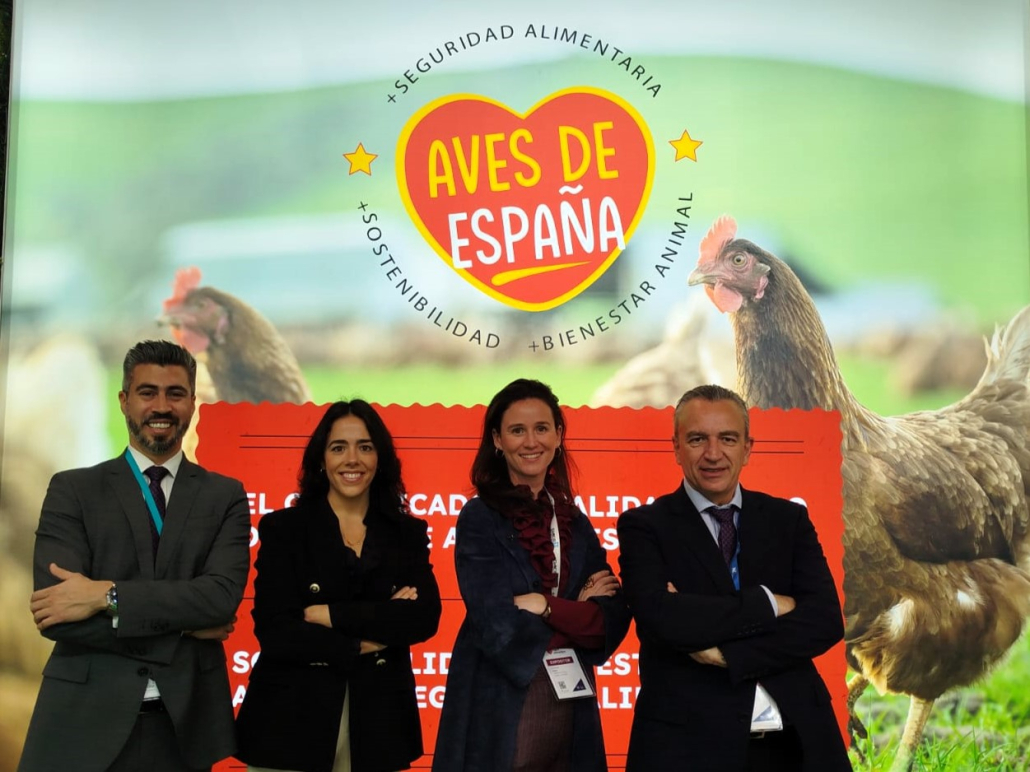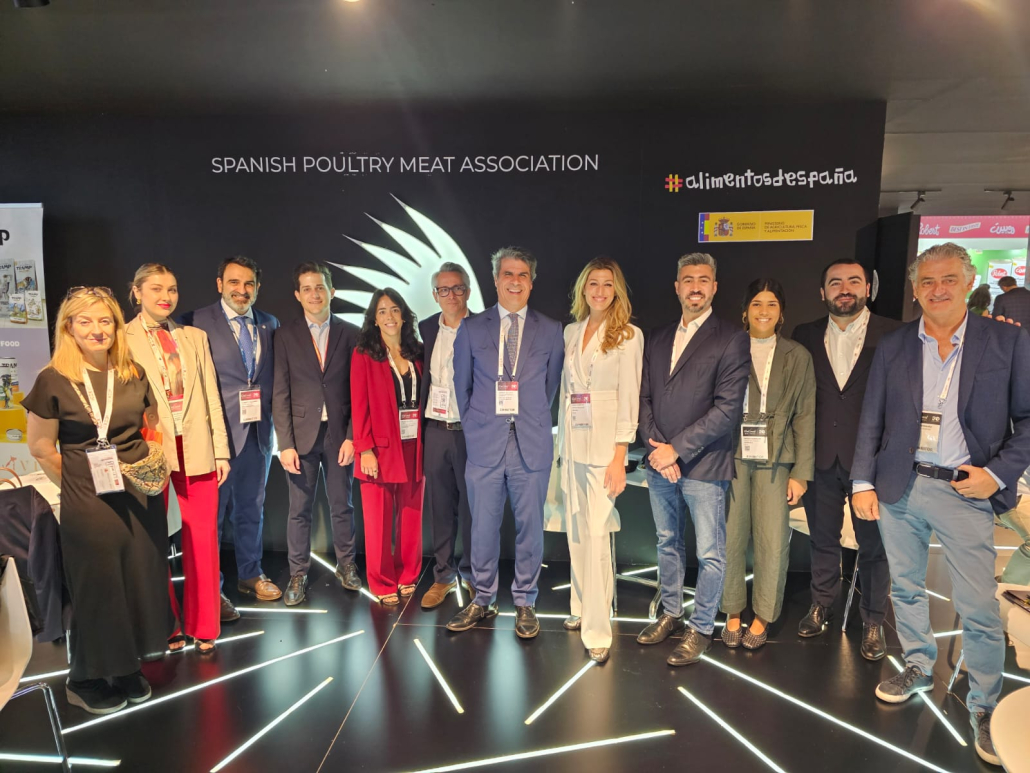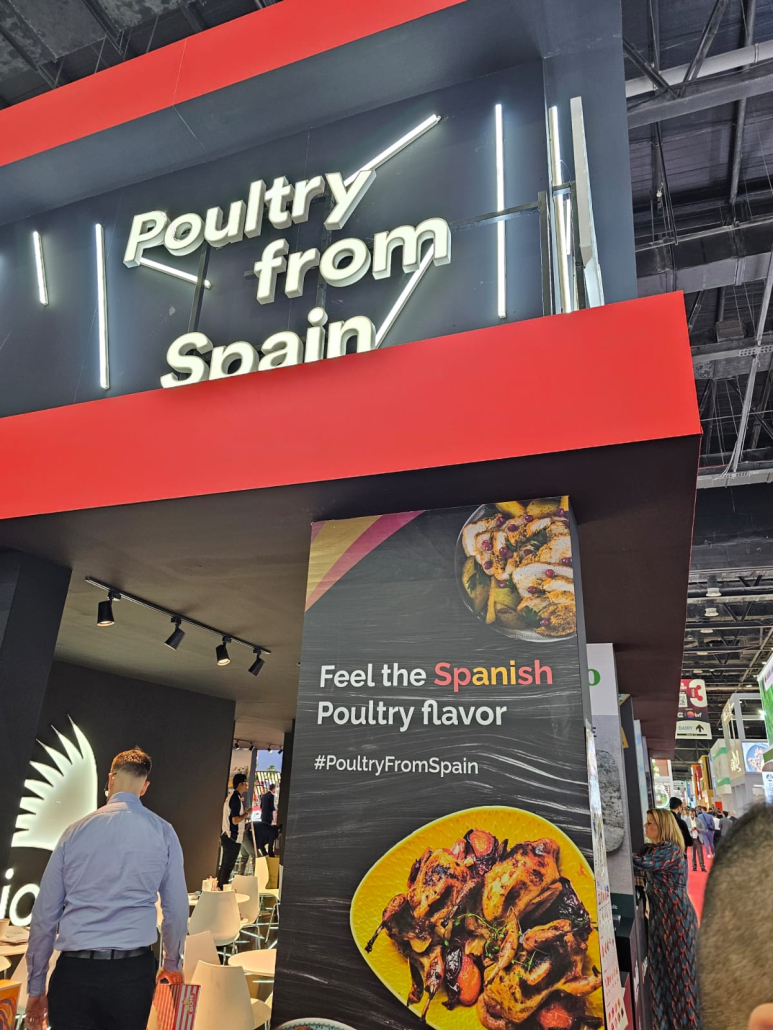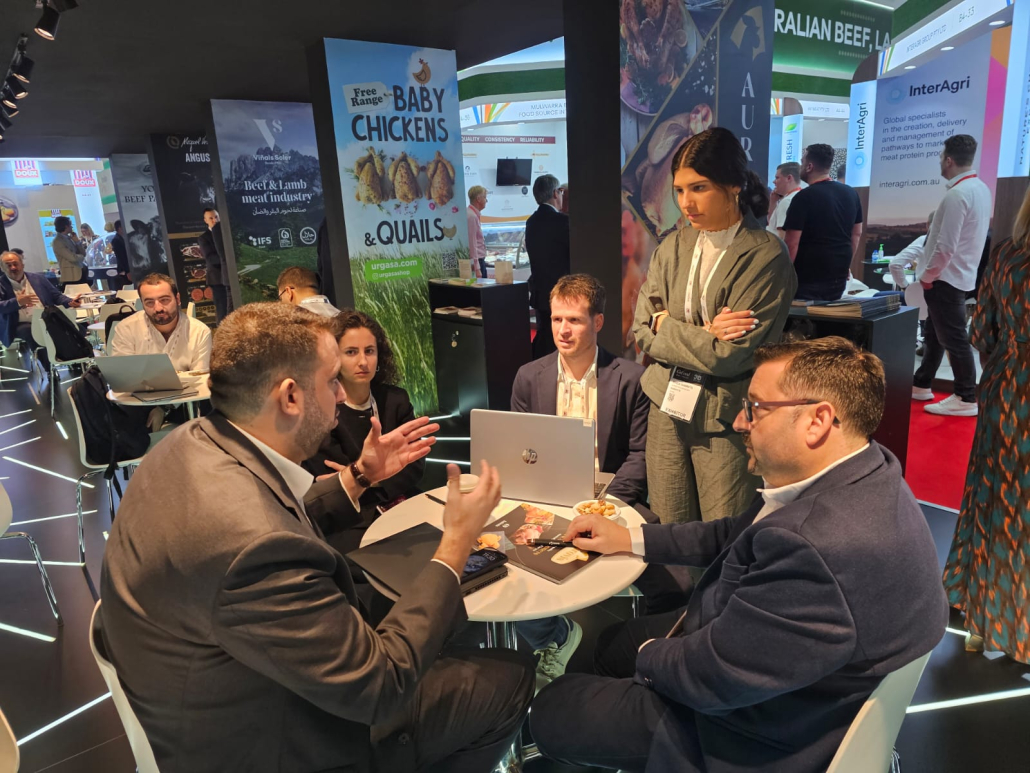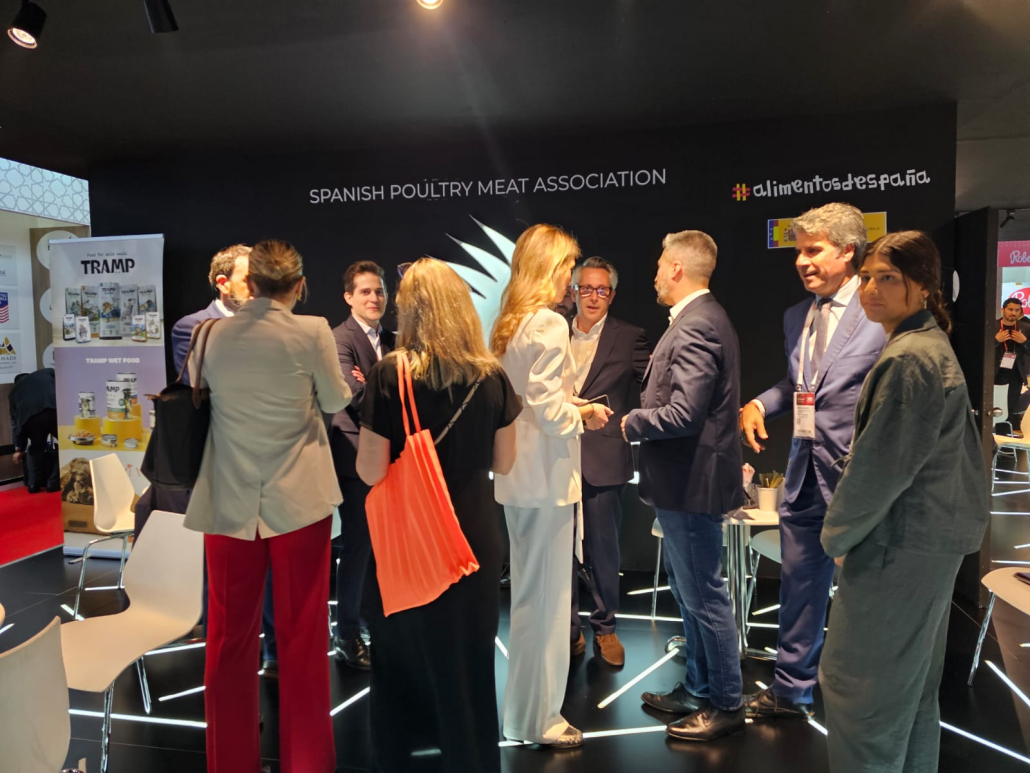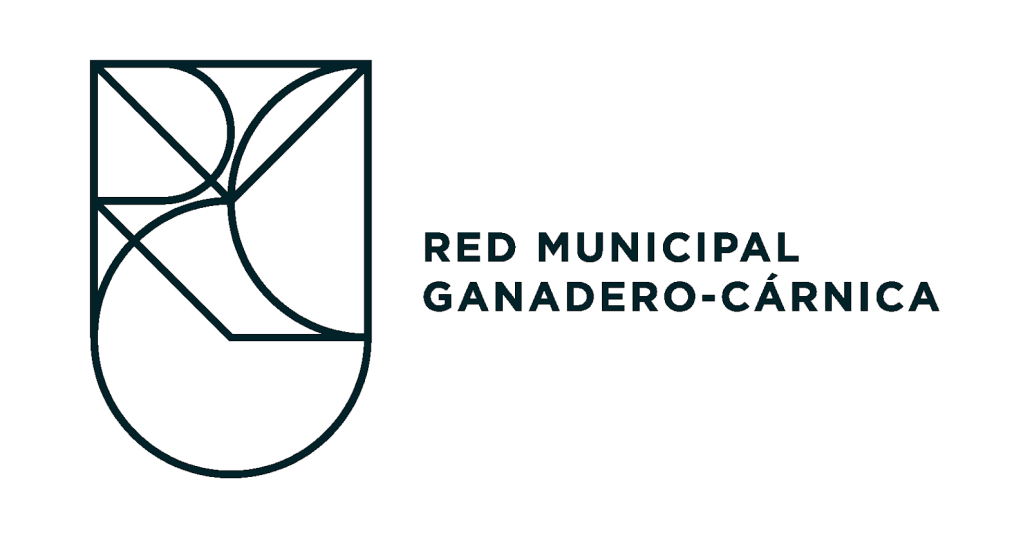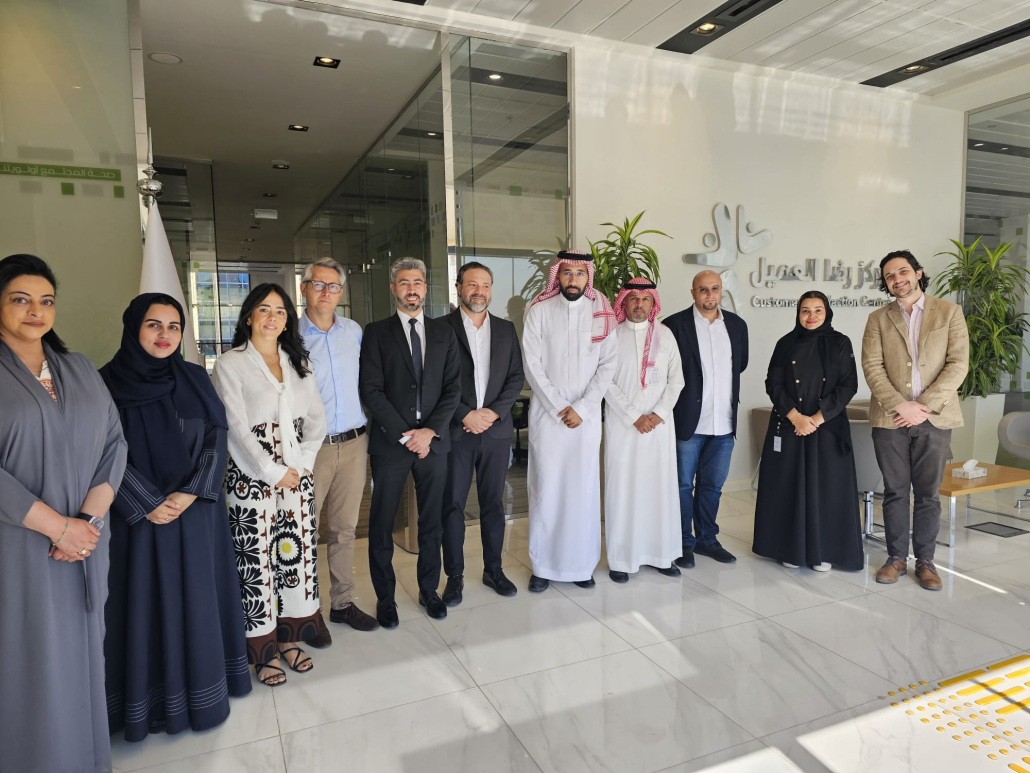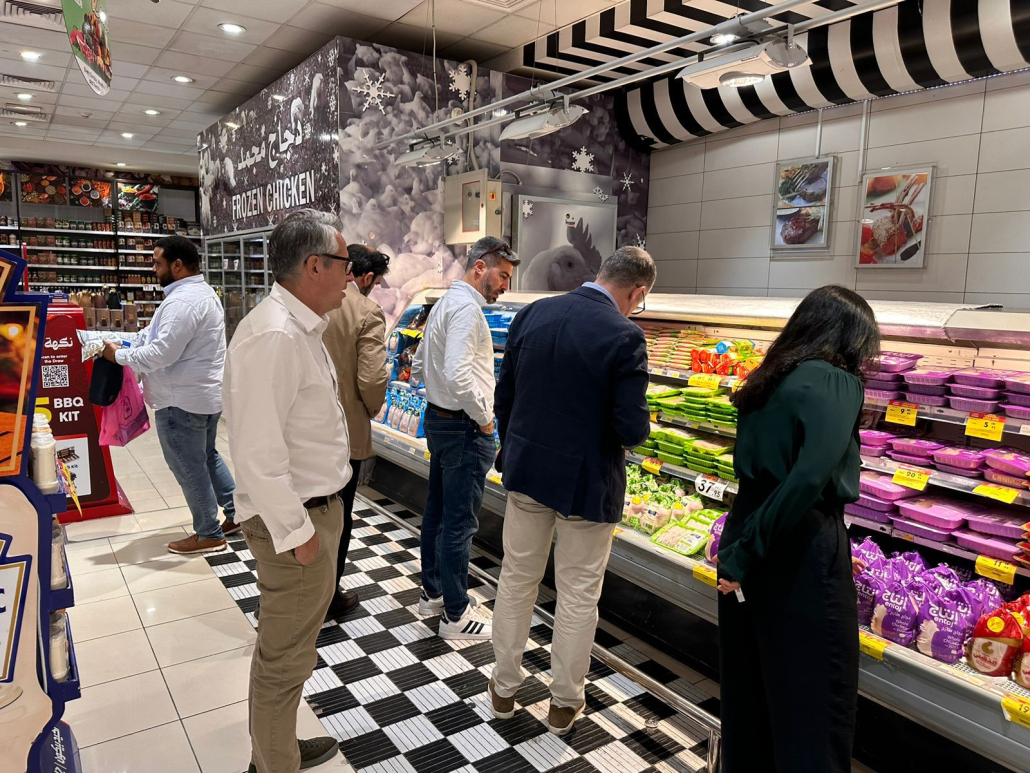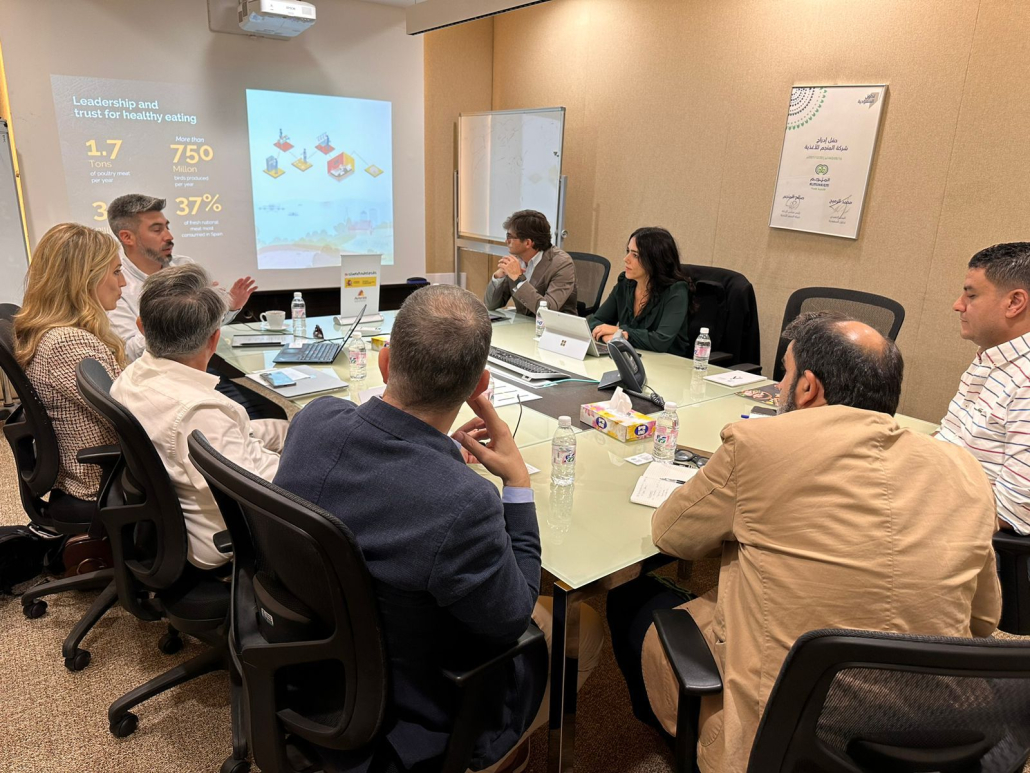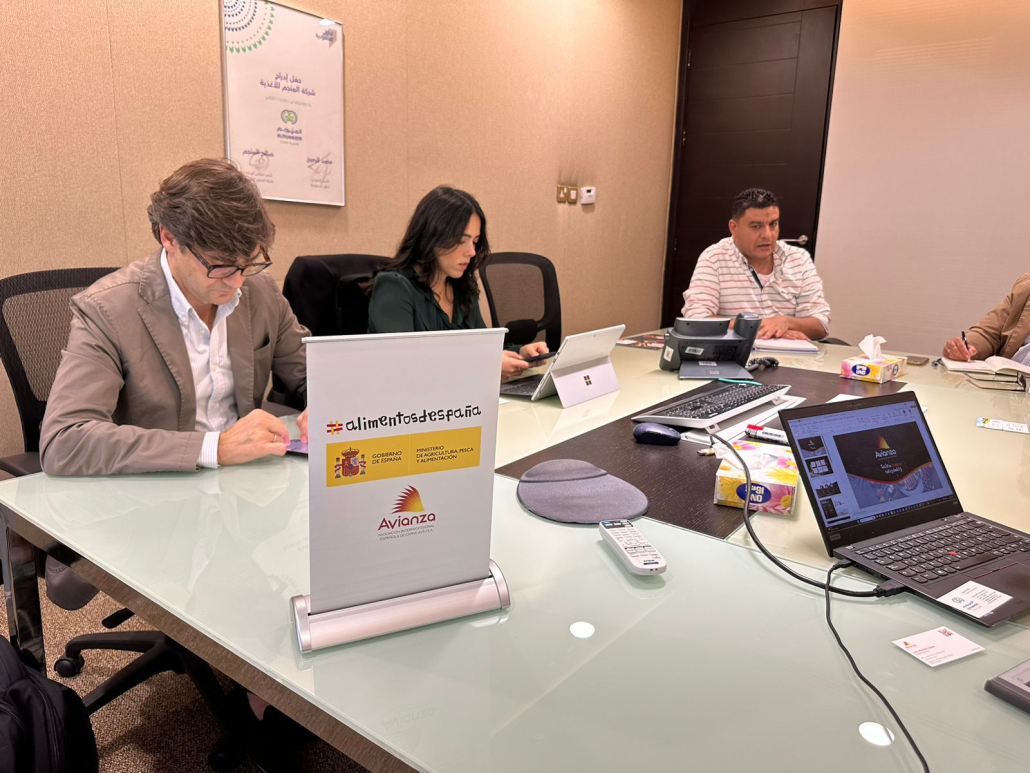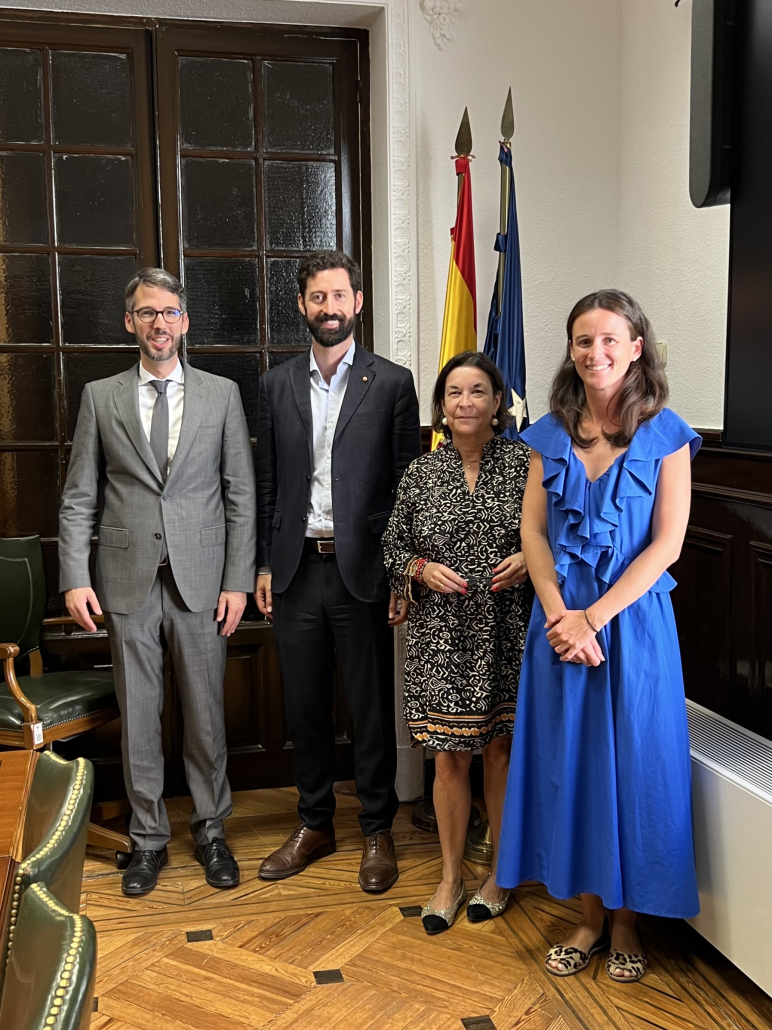Madrid, May 27, 2025. The Spanish Interprofessional Poultry Meat Association (AVIANZA) has made a significant prospecting visit to China to prepare the ground for the imminent opening of the Spanish poultry market, strengthening commercial, logistical, and technical ties between the two countries following the approval of the new protocol for the export of Spanish poultry meat to the Asian country, signed by the Minister of Agriculture, Fisheries, and Food, Luis Planas, and the Vice Minister of Chinese Customs, Weihong Lyu, on April 28.
During the mission, carried out from May 18 to 22, Josep Solé, president of AVIANZA, and Jordi Montfort, secretary general of AVIANZA, held key meetings with importers, authorities, sector associations, and large Chinese companies, exploring export opportunities for Spanish chicken, turkey, and quail meat to one of the world's most important markets.
Key meetings in Shanghai and Beijing
AVIANZA's institutional agenda included a meeting in Shanghai with Tang Food LTD (Zilou Wang and Bai Ruxue), the country's leading chicken importers, who are particularly interested in chicken wings and legs, as well as Spanish turkey meat. The delegation also held a meeting with JIA Logistics, one of the leading customs agencies in the port of Tianjin, to learn firsthand about import procedures through the China Customs (GACC) system and explore digital tools to facilitate business operations.
As the leading interprofessional poultry meat association in Spain, Avianza represents more than 95% of the country's producers, farmers, and integrators. Another meeting of the delegation led by Josep Solé and Jordi Montfort was with Chen Wei, president of the China Meat Association (CMA), along with other representatives of the organization. Both parties agreed to sign a Memorandum of Understanding (MOU) on June 3 at the AVIANZA General Assembly, which will promote technical, commercial, and industrial cooperation between the meat sectors of Spain and China. Furthermore, AVIANZA was invited to join the Meat Club, a strategic forum to address technical, health, and commercial issues, including challenges such as avian influenza and regionalization.
Opportunity analysis
This prospecting trip also included a visit to Dachan Foods, one of China's largest poultry producers, located in Anhui Province. The aim was to gain a closer look at its processes and products, identifying important synergies and opportunities for Spanish producers.
Logistics and regulatory matters were also discussed, with a visit to the Port of Tianjin, where AVIANZA met with representatives from China Customs (GACC) and the Tianjin Free Trade Zone (DFTP). They reviewed in detail the operational processes for inspection and customs clearance of meat products, which are essential for ensuring a smooth and secure flow of trade.
The visit concluded on Thursday, the 22nd, at Shandong Yubang Food Group Co. LTD., where they analyzed types of chicken products and by-products that could be revalued in the Spanish market, opening up new lines of business and industrial use.
A strategic opportunity for the Spanish poultry sector
China is one of the world's largest meat importers, with more than 2,000 meat companies and 6,400 CMA members, which accounts for 70% of the country's meat imports.
AVIANZA, which represents more than 951 million poultry producers in Spain, believes this mission is a fundamental step in ensuring the entry of Spanish products into this market, consolidating the sector's prestige and international competitiveness.
"The interest we have seen from Chinese authorities and companies confirms the potential of our poultry production, both in terms of quality and ability to meet international demands. After several years of negotiation and preparation by the Spanish poultry sector, we see how understanding between the two countries is a reality," said Josep Solé, president of AVIANZA, who led this mission.
In the coming months, AVIANZA will continue working with Spanish and Chinese authorities to finalize the technical and commercial agreements that will allow for the effective start of Spanish poultry exports to China, thus opening up new opportunities for the country's companies and producers.
